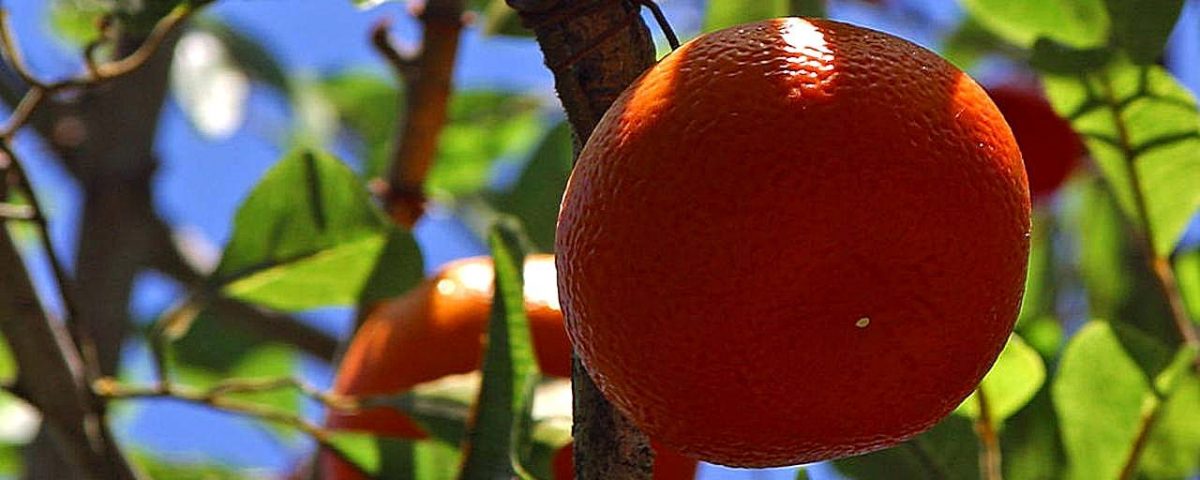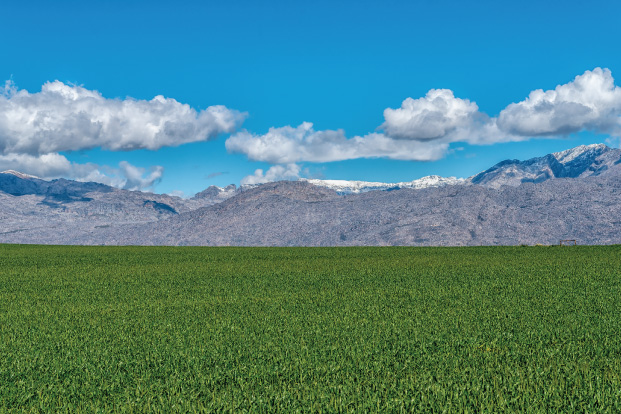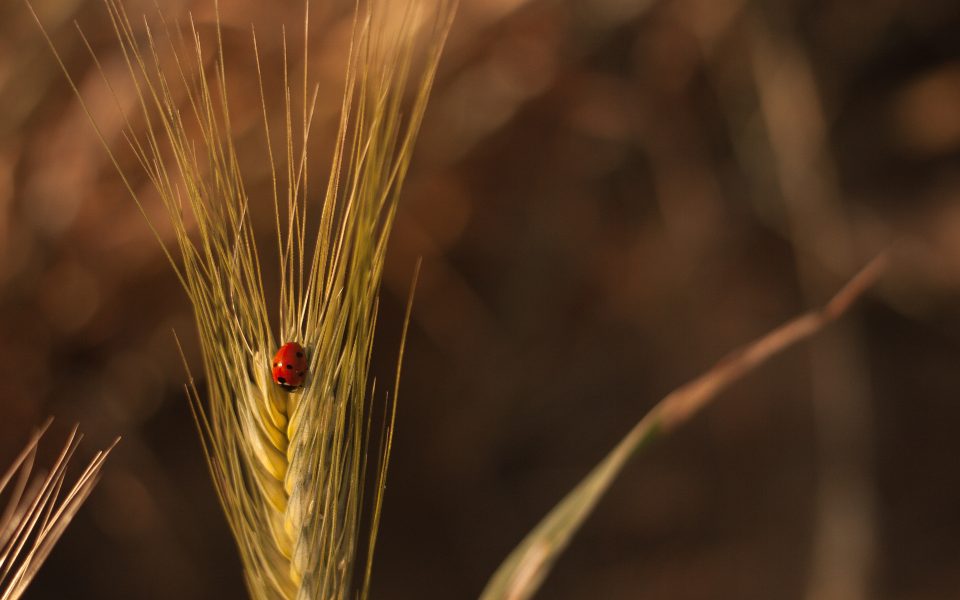Fund is established to support emerging fruit farmers
Grape farmers count losses from drought
May 25, 2016
2017 could be a good year for maize
May 26, 2016
Emerging fruit farmers in the Western Cape can look forward to better times, following the establishment of a multi-million rand fund aimed at supporting smallholder farmers to reach commercial status.
The R120m fund is a partnership between the Western Cape Department of Agriculture, National Treasury and the deciduous fruit industry.
Agriculture is a key sector in the Western Cape, which produces half of SA’s agricultural exports.
Western Cape Economic Opportunities MEC Alan Winde said in April that 20 black deciduous fruit farmers in the province and four in the Eastern Cape would benefit from the grant which was secured through an application to the Jobs Fund. The money will be allocated over a four-year period and in total 24 farmers will benefit.
In the Western Cape, we have the goal of ensuring a 70% success rate of the land reform projects we invest in and this is why we are supporting this project,” said Mr Winde.
Farmers were selected based on the potential for commercialisation and job creation, and support for emerging farmers was a key priority in the Western Cape, the MEC said.
“Through this initiative, farmers will receive technical, management and financial support. In the Western Cape, through additional projects, we are investing R259m in the development of emerging farmers in this financial year. Over the next three years, we will support 4,195 new farmers to grow their agri-businesses.”
Deciduous Fruit Development Chamber chairperson Pitso Sekhoto said the support offered to the fruit farmers will create 504 new permanent jobs and will ultimately allow space for new entrants to the sector.
He said he was confident that beneficiaries of the fund will be able to graduate into the mainstream commercial sector.
“This will not only increase the production footprint and ensure increased market access of our black farmers in the deciduous fruit industry, but will also enhance their participation in the off-farm value chain of the sector.”
Mr Winde said improving market access was another objective of the initiative to support emerging fruit farmers.
Earlier in April, Indonesia granted recognition of SA’s food-safety control system thus enabling local producers to export 15 types of fruit and nuts, including apples, grapes, oranges and plums, to the Asian country.
According to data from the provincial government, the Western Cape makes up the bulk of SA’s total fruit exports. In 2014, the province produced 93% of nectarine exports, 78% of peach exports and 96% of plum exports.
Access to Indonesia, southeast Asia’s largest economy, is expected to increase job opportunities in the fruit-export sector.
Mr Winde said the agreement means that the province will be able to export fruit directly through the Jakarta port for the first time. In 2014, the total fruit exports to Indonesia were valued at R120m.
“Jakarta is the main market destination within Indonesia where these fruits are sold. The new agreement will reduce the costs to enter this market and the industry suggests that importers from Indonesia are eager to buy more South African fruits.”
He added that there had been strong growth in the market for South African fruit even with the more restrictive access conditions in the past. Apples and pears are currently the main exported fruits, followed by citrus and grapes.
Source: BDlive



